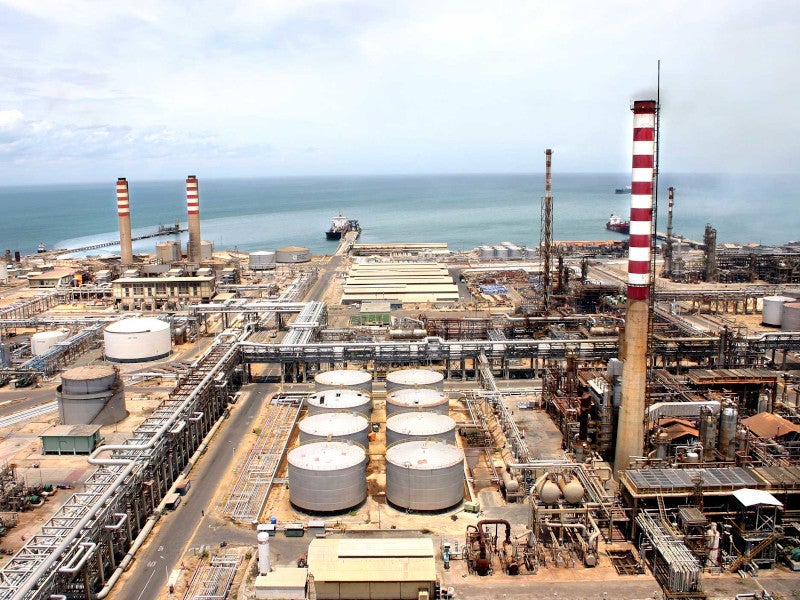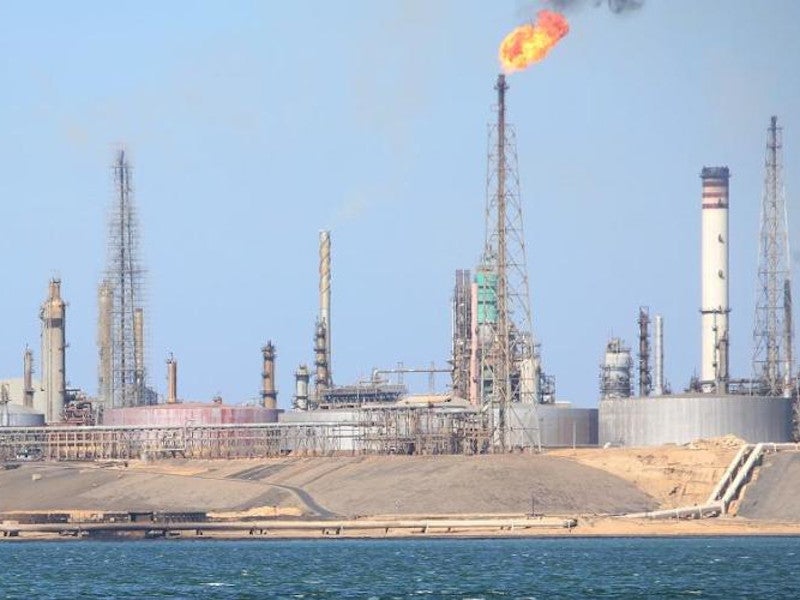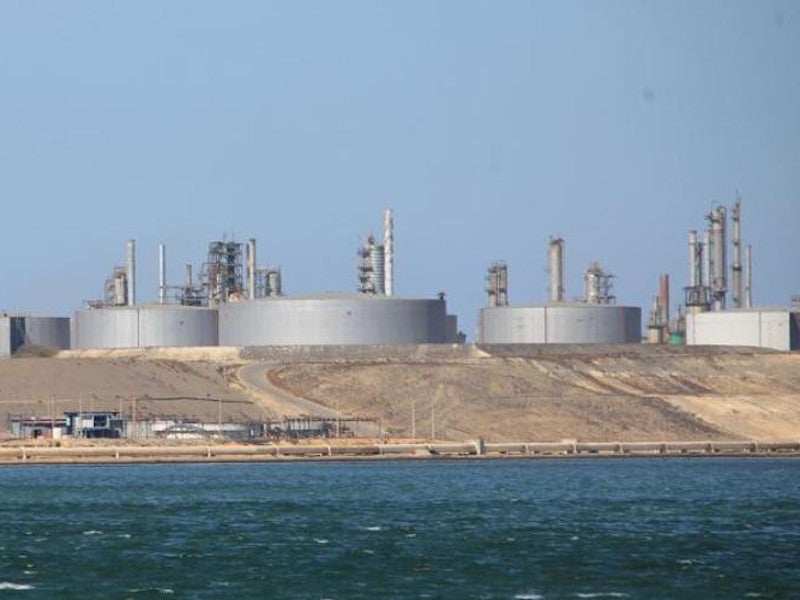The Paraguana refining centre, also known as the Centro de Refinación Paraguaná (CRP) in Venezuela is one of the biggest refinery complexes in the world.
It comprises three refineries, including the Cardon and the Amuay refineries in the Paraguana peninsula, and the Bajo Grande refinery in the Zulia state of Venezuela.
Owned and operated by Venezuela’s state-owned Petróleos de Venezuela (PDVSA), the Paraguana refinery complex has a total crude processing capacity of 971,000 barrels per day (bpd).
The combined crude oil processing capacity of the Cardon and the Amuay refineries is 955,000bpd, while the Bajo Grande asphalt plant is capable of processing 16,000bpd of crude.
The refinery operations were halted after a lightning storm caused power blackout and a fire at the Paraguana refinery complex in September 2019. Before this incidence, the Cardon and the Amuay refineries were also operating far below their capacities over the last few years due to underinvestment as well as lack of adequate feedstock.
PDVSA is in the process of repairing and restarting the refineries with Chinese and Iranian assistance.
Location and background details
The Cardon and the Amuay refineries are located near Punto Fijo in the Paraguana peninsula, in the Falcon state in north-west Venezuela, while the Bajo Grande refinery is situated in the western coast of Lake Maracaibo in the Zuila state, Venezuela.
PDVSA was founded with the nationalisation of Venezuela’s oil industry in 1976. The Cardon, Amuay, and the Bajo Grande facilities that receive crude supply from the fields in the Lake Maracaibo basin and the Orinoco Belt in Venezuela were merged to create the Paraguana refining centre (CRP) in 1997.
Amuay refinery
The Amuay refinery started operations in 1950 with an initial capacity of 60,000bpd. It was built by the Creole Petroleum Corporation.
The Amuay refinery is the largest refinery in Venezuela with an installed capacity of 645,000bpd. The processing facilities at the refinery include five primary distillation units, a 100,000bpd catalytic cracking unit, a flexicoking unit, and a delayed coking unit. The Cardon and Amuay refineries are connected by multiple pipelines.
An explosion at the Amuay refinery killed 47 people in August 2012.
Cardon refinery
The Cardon refinery was the first refinery to start operations in Paraguana peninsula in May 1949 with an initial processing capacity of 50,000bpd. The construction of the refinery was started by the Royal Dutch Shell in 1945 and the initial facilities at the refinery included three distillers and one gas plant.
A lubricants plant started operating in the refinery in 1952, while an alkylation unit and two vacuum distillation plants were added in 1957.
A hydrodesulfurization unit was installed in the Cardon refinery for the first time in Venezuela in 1970.
The current installed capacity of the Cardon refinery is 310,000bpd. The processing facilities at Cardon include four distillation units, a fluidised catalytic cracking unit (FCC), and a naphtha reformer.
Bajo Grande refinery
The Bajo Grande refinery started operations in 1956. Meant for asphalt production, the Bajo Grande facility is capable of processing 16,000 barrels of crude a day.
Fuel crisis in Venezuela
PDVSA owns and operates six refineries in Venezuela with a combined capacity of approximately 1.3 million barrels per day (Mbpd).
However, the country has been facing an acute shortage of gasoline, diesel, liquefied petroleum gas (LPG), and other fuel due to the fall in domestic crude production as well as lack of maintenance at its refineries.
Venezuela mostly relied on crude-for-gasoline swaps with international companies including Spain’s Repsol and Russia’s Rosneft to meet its fuel demand.
The sanctions imposed by the US on Venezuela, however, have further complicated these crude-for-fuel arrangements.
Venezuela has collaborated with its ally Iran for the fuel supply, as well as for the supply of refining materials, spare parts and technicians for restarting the refineries. Both Venezuela and Iran are currently facing sanctions from the US.
China is also reportedly supporting Venezuela to repair and restart its refineries by supplying the catalysts and refinery parts.





